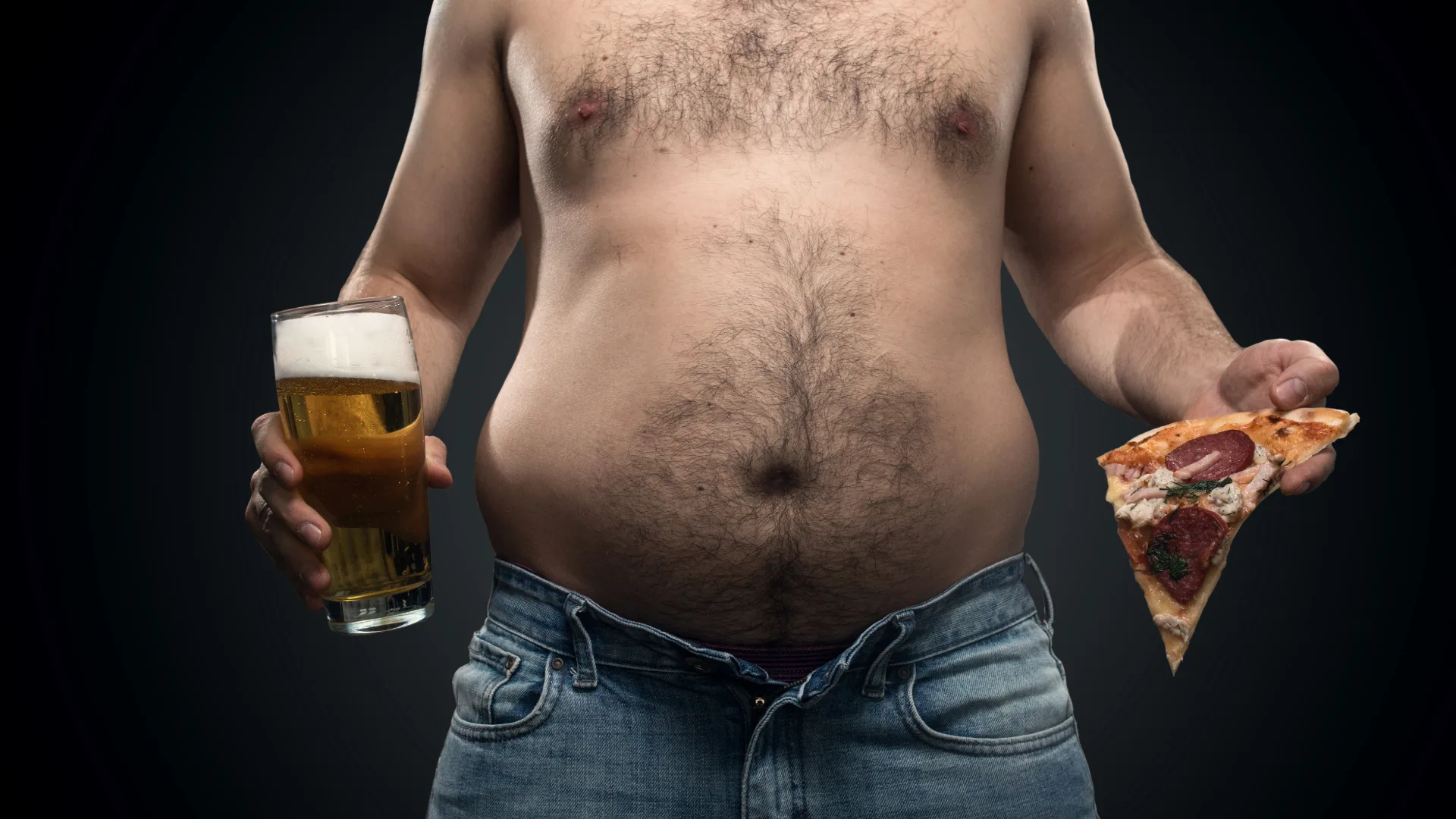The Healing Power of Sleep: Restoring Balance and Clarity on Your Recovery Journey
Sleep feels out of reach when you’re in early addiction recovery. Your hormones are off balance, your mind foggy, and each night brings more frustration than rest. But there’s a way forward — simple shifts in your sleep hygiene that steady your hormones and clear your thoughts. Let’s break down how these habits can rebuild your mental clarity and support your recovery step by step. Learn more about the connection between sleep and hormonal balance.
Embracing Sleep Hygiene for Healing 🌙
Getting control over your sleep habits can be a game-changer in recovery. It’s about creating a safe space both physically and mentally, where healing can truly begin.
Crafting a Nightly Routine 🌜
Building a consistent nightly routine is your first step. Start by choosing a time to wind down each evening, helping your body recognise it’s time to rest. This could include turning off screens an hour before bed to reduce blue light exposure, which can disrupt sleep. Instead, try reading a book or listening to calming music. You might also consider a warm bath to relax your muscles. Stick to this routine, as consistency helps train your body to expect and welcome sleep.
Think about your bedroom setup too. Is it a peaceful place? Keep it cool, dark, and quiet. Consider blackout curtains or a white noise machine if outside noises are an issue. Not only does this help your body physically relax, but it also signals your mind that it’s time to let go of the day’s worries.
Calming the Mind Before Bed 💤
Finding peace before sleep is just as crucial. Stress and overthinking can keep you awake, so calming your mind is essential. Deep breathing exercises or meditation can help. Try a simple method: inhale deeply for four counts, hold for four, then exhale for four. Repeat this several times.
Journaling is another powerful tool. Write down any lingering thoughts or worries. By putting them on paper, you help your mind release them. This process allows you to start the next day with a clearer head, paving the way for deeper rest.
The Hormonal Balance Connection ⚖️
With a stable bedtime routine, you set the stage for balanced hormones. Sleep has a profound effect on your body’s chemistry, influencing everything from mood to metabolism.
Sleep’s Role in Hormone Regulation 🧠
Quality sleep directly impacts hormone levels. During sleep, your body regulates hormones that control hunger, stress, and even your mood. A study found that poor sleep can disrupt these hormones, leading to increased stress and reduced wellbeing. Explore more about how sleep affects hormones here.
When you sleep well, your cortisol levels drop. This stress hormone needs to be low for your recovery to progress smoothly. Adequate sleep also supports the production of growth hormones, crucial for healing and muscle repair, aiding you in feeling more energised and resilient.
Restorative Power of Deep Sleep 😴
Deep sleep is where real restoration happens. It’s during this phase that your brain processes emotions and memories, which is vital for mental clarity. Deep sleep helps your body repair tissues, strengthen the immune system, and balance hormones. It’s not just rest; it’s rejuvenation.
If you’re struggling to achieve deep sleep, try evaluating your diet and exercise habits. Caffeine, even in the afternoon, can affect your ability to reach deep sleep. Regular physical activity, meanwhile, can improve sleep quality, but aim to exercise earlier in the day rather than close to bedtime.
Enhancing Mental Clarity in Recovery 🧘♂️

As your sleep improves, so does your mental clarity. This clarity is essential for navigating the challenges of recovery and rebuilding your life.
Fostering Emotional Stability Through Rest 😊
Rest is your ally in emotional balance. Good sleep helps regulate the part of your brain that manages emotions. When well-rested, you’re better equipped to handle stress and less likely to experience mood swings. Many people in recovery find that improved sleep leads to improved relationships, as they react to situations with more patience and understanding.
Most people think that recovery is just about staying away from substances, but emotional stability plays a huge role. By prioritising sleep, you give yourself a foundation to work on other aspects of recovery with a clearer, calmer mind.
Practical Strategies for Clearer Mindset 🧩
Now, let’s talk strategies for maintaining this clarity. First, monitor your progress. Keep a sleep journal to track patterns and identify triggers for poor sleep. This helps you discern what works and what doesn’t, allowing you to make informed adjustments.
Next, consider the role of nutrition. Eating a balanced diet with plenty of vitamins and minerals supports your body’s natural rhythms. Foods rich in magnesium, like spinach and almonds, can promote relaxation and better sleep. Learn more about foods that help hormonal balance.
Finally, remember that social support is crucial. Share your sleep goals with friends or a support group. They can offer encouragement and accountability, making your journey a little easier. The longer you wait, the more you miss out on life’s possibilities. Start now, and let sleep be your guiding light on the path to recovery.




